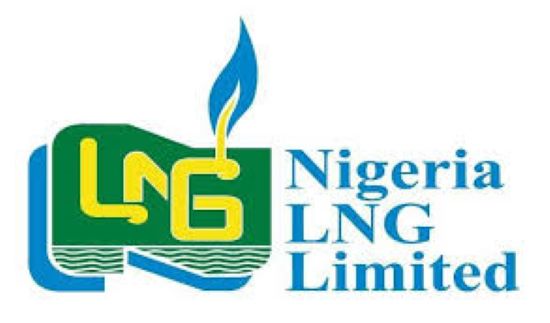Nigeria Liquid and Natural Gas Limited (NLNG) has announced a strategic shift towards third-party gas sourcing to sustain production and meet the rising energy demand across Africa and global markets.
Mr. Nnamdi Anowi, General Manager, Production, NLNG, disclosed this while speaking at a Focused Group Session during the Gastech Exhibition and Conference in Milan, Italy. The session was themed “Resilience in the Face of Operational Challenges – The NLNG Story.”
Anowi explained that the move became necessary following International Oil Companies’ (IOCs) divestment from onshore to deepwater operations in Nigeria. He recalled that NLNG achieved a record 316 LNG cargos in 2019 but faced subsequent supply constraints that prompted a strategic rethink.
“Our initial gas supply came from shareholder IOCs. However, with Eni transferring assets to Oando and other divestments, we shifted focus to third-party gas sourcing. Today, 75 per cent of our feed gas comes from third-party suppliers, and we have signed several Gas Supply Agreements to sustain operations,” he said.
He revealed that the company expects its second tranche of third-party supplies by October, projecting adequate gas availability from late 2026 through early 2027.
Anowi underscored Africa’s energy deficit, noting that 60 per cent of the continent’s population still lacks access to affordable energy despite vast reserves. He described Nigeria as a “gas-rich nation with largely untapped offshore reserves,” stressing the need for infrastructure and investment to unlock them.
“The Federal Government has rolled out incentives for offshore gas exploration and production. LNG plays a critical role in delivering energy to parts of Africa that need it most,” he added.
He argued that affordable energy could transform Africa into a global manufacturing hub, citing Nigeria’s economic growth during periods of improved power supply.
“What happened in Nigeria when power availability improved can happen across Africa. With energy, industry will thrive, jobs will be created, and production will shift to Africa. Investors and financiers must begin to view Africa as a viable destination, especially with current government incentives,” he said.
On operations, Anowi noted that NLNG runs six trains with a combined capacity of 22 million tonnes per annum (MTPA), while Train 7—currently under construction—will expand output by more than 30 per cent. However, plant utilisation has averaged just 60 per cent over the past three years, underscoring the need for alternative supply strategies.
Reaffirming NLNG’s commitment, he said the company would continue to fight energy poverty and drive industrial growth in Africa.
Also speaking, Ms. Tolulope Ajitoni, Senior Instrumentation Engineer at NLNG, presented a technical paper on “New Trends in Operational Technology Security.” She stressed the need for stronger cybersecurity measures across the LNG value chain, warning that cyberattacks could lead to catastrophic safety incidents and production losses.
“In the next 25 years, LNG will be central to power generation, cooking, and industrial applications. Protecting this infrastructure from cyber threats is no longer optional,” she said.
Ajitoni proposed a five-layer cybersecurity framework—identification, protection, detection, response, and recovery—cautioning that a breach in LNG systems could trigger explosions, fires, and other hazards for plant personnel.


